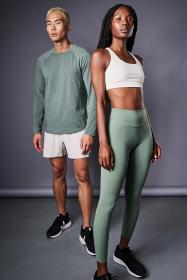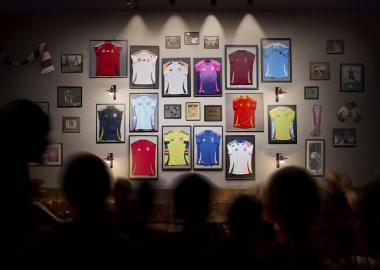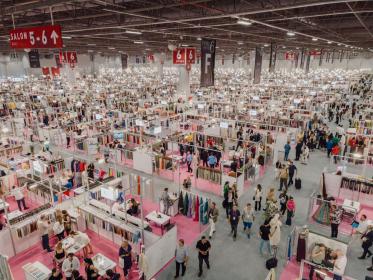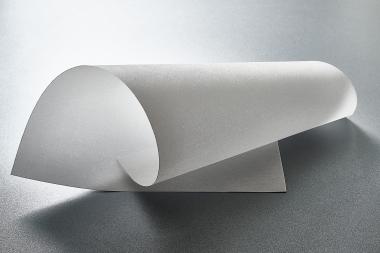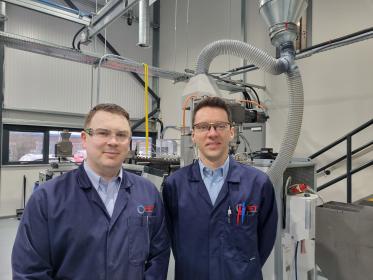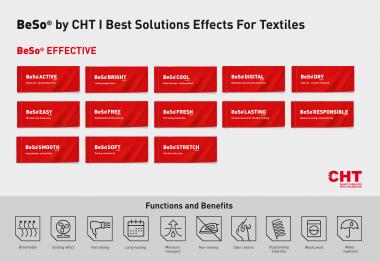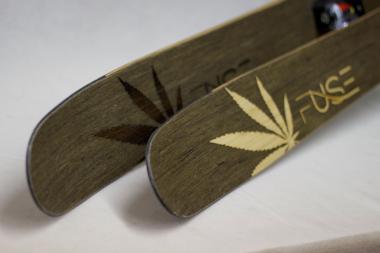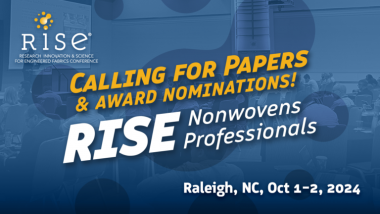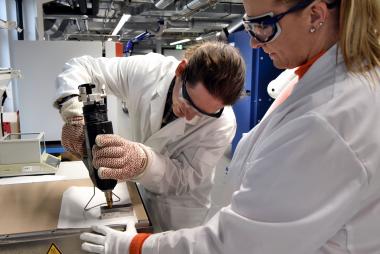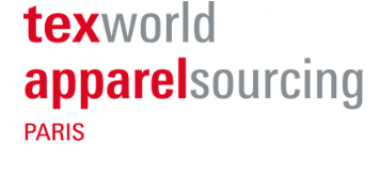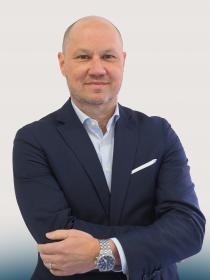Active Apparel Group: Partnership with textile finishing brand FUZE Technologies
Active Apparel Group (AAG), manufacturer of performance apparel for the leisure/lifestyle and active market, announces the seventh anniversary of their partnership with the sustainable textile finishing brand FUZE Technologies.
AAG is the first apparel manufacturer to adopt FUZE’s permanent, chemical-free textile finish, and the only company in China able to apply FUZE in a closed-loop system. AAG leverages the platform to provide a range of performance characteristics to customers, including odor control, UV protection, moisture management, and cooling.
The FUZE finish utilizes gold and silver particles permanently bonded to a wide variety of natural and synthetic materials to achieve a range of performance characteristics. AAG customers employing the FUZE finish create apparel for the yoga, active lifestyle, workout, golf, and swimwear markets.
Active Apparel Group


